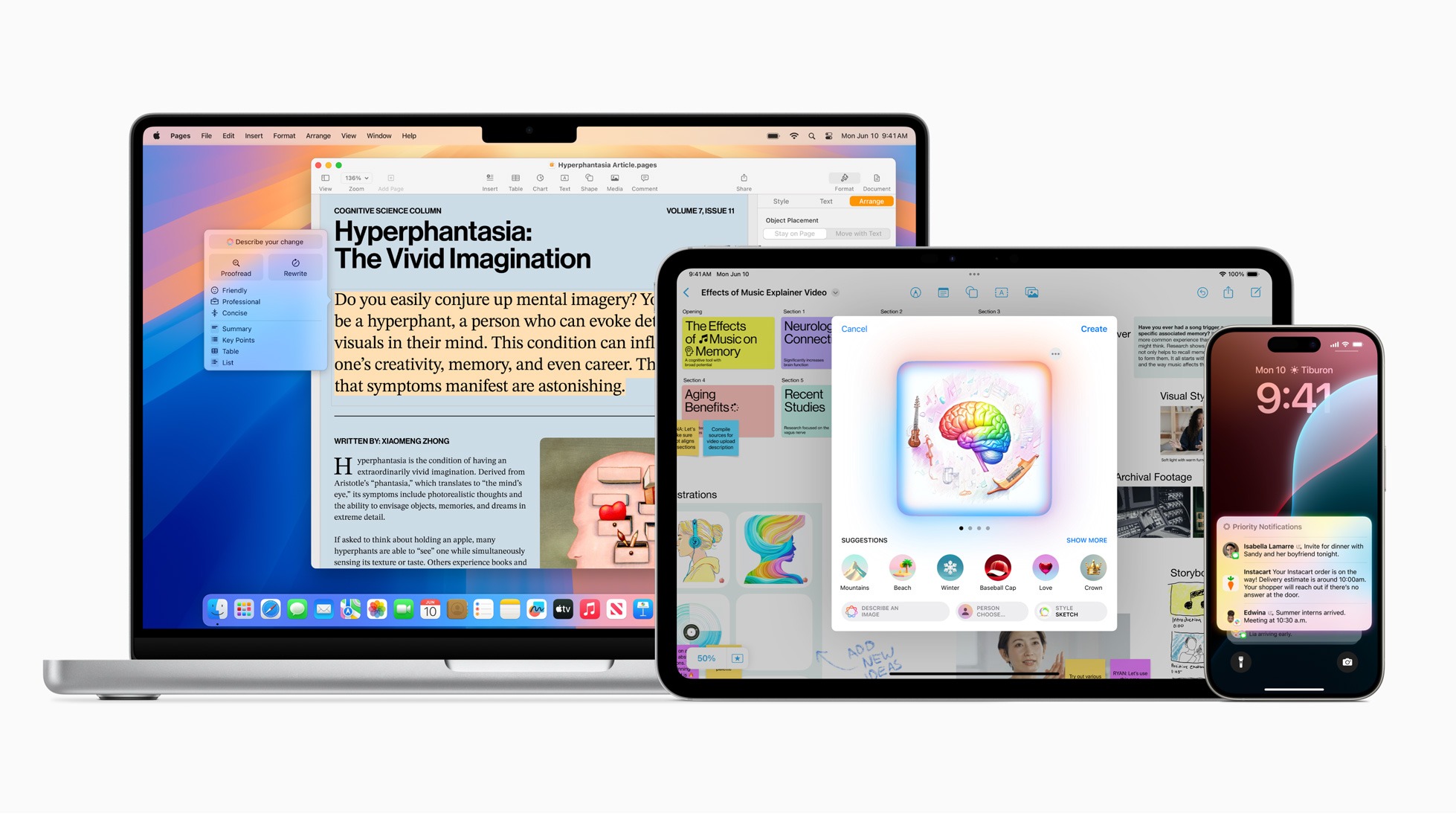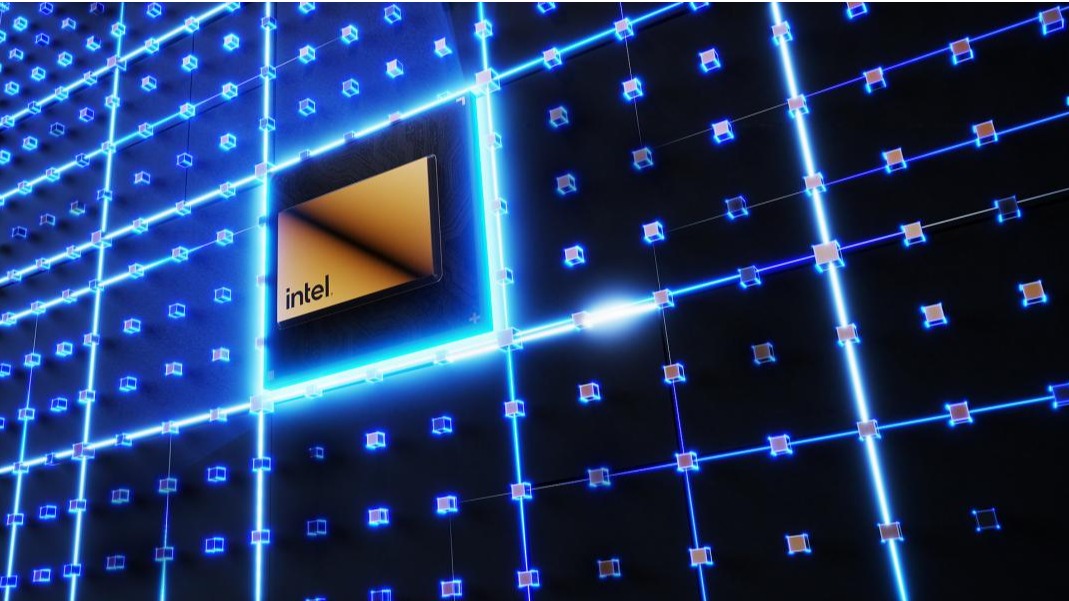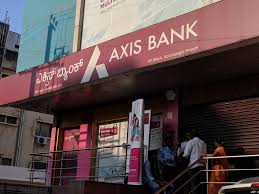Intel's new chief executive officer Lip-Bu Tan has outlined plans for a major overhaul of the struggling chipmaker, promising to spin off non-core assets, rebuild engineering talent, and create a more customer-focused company.
Speaking at his first public appearance as chief executive officer at the Intel Vision conference in Las Vegas, Tan acknowledged the company's recent shortcomings and pledged sweeping changes to restore Intel's former dominance in the semiconductor industry.
"We have a lot of hard work ahead," Tan told customers in the audience. "There are areas where we've fallen short of your expectations."
The 65-year-old executive, who assumed the role on 18 March after the board ousted his predecessor Pat Gelsinger, emphasised that rebuilding Intel's engineering workforce would be his top priority.
"We lost quite a bit of talent. That's my top priority, to recruit some of the best talent in the industry to come back and then to rejoin or join Intel," Tan said.
Tan plans to eliminate what he views as a bloated middle management layer and give more power directly to engineers, stating that new ideas have not had "room to develop and grow" at Intel in recent years.
"We're going to really drive some new ideas, giving engineers freedom to innovate from within," he said. "My weekend is usually packed with a lot of engineers and architects. They have some brilliant ideas, they want to change the world, and that's where I get excited to work closely with them."
The veteran semiconductor executive also stressed the need to improve Intel's offerings for data centre and AI-related work, areas where the company has fallen behind rivals like Nvidia.
"We fell behind on innovation," the chief executive officer admitted. "We have been too slow to adapt and meet your needs."
Intel is expected to present a strategy to its board in mid-September that includes selling businesses such as the programmable chip unit Altera, which it acquired for $16.7 billion in 2015. The company has hired financial advisors from Morgan Stanley and Goldman Sachs to help determine which assets are viable for sale.
Tan encouraged Intel's customers to provide frank feedback, saying: "Please be brutally honest with us. This is what I expect of you this week, and I believe harsh feedback is most valuable."
Despite the challenges ahead, Tan expressed his commitment to staying with Intel for the long term. "It was very hard for me to see it struggle," he said of his decision to take the job. "I simply could not stay on the sidelines knowing that I could help."
"It won't happen overnight, but I know we can get there," he added.
Latest News
-
Amazon says drone strikes hit Middle East data centres
-
O2 invests £700m in mobile network
-
Europe's ‘first’ payment made by AI agent conducted by Santander
-
OpenAI seals Pentagon AI deal with safety guardrails hours after Anthropic ban
-
Cybercrime increases in sophistication as hackers age, according to new research
-
Vodafone and Amazon team up to improve rural mobile connectivity in Europe and Africa
The future-ready CFO: Driving strategic growth and innovation
This National Technology News webinar sponsored by Sage will explore how CFOs can leverage their unique blend of financial acumen, technological savvy, and strategic mindset to foster cross-functional collaboration and shape overall company direction. Attendees will gain insights into breaking down operational silos, aligning goals across departments like IT, operations, HR, and marketing, and utilising technology to enable real-time data sharing and visibility.
The corporate roadmap to payment excellence: Keeping pace with emerging trends to maximise growth opportunities
In today's rapidly evolving finance and accounting landscape, one of the biggest challenges organisations face is attracting and retaining top talent. As automation and AI revolutionise the profession, finance teams require new skillsets centred on analysis, collaboration, and strategic thinking to drive sustainable competitive advantage.
© 2019 Perspective Publishing Privacy & Cookies











Recent Stories